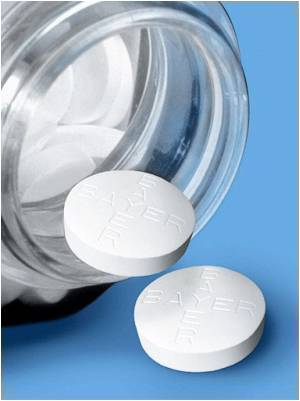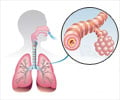
During the study, 91 children between the ages of 1 and 10 years were randomly assigned to receive post-operative painkillers at home following their outpatient tonsillectomy surgery to treat obstructive sleep apnea. Parents were instructed about the use of a home pulse oximeter to measure oxygen saturation and apnea events (pauses in breathing) the night before and the night after surgery. They were also taught to use the Objective Pain Scale and Faces Scale to assess their children's pain levels on post-operative days one and five.
One group of children was given post-operative standard doses of oral morphine (0.2 to 0.5 mg/kg) and acetaminophen (10-15 mg/kg) every four hours to treat their pain, while the other group was prescribed standard doses of oral ibuprofen (10 mg/kg) every six hours and acetaminophen (10-15 mg/kg) every four hours.
It was observed that pain was effectively managed and comparable in both groups. On the first post-operative night, 68 percent of children in the ibuprofen group showed improvement in oxygen desaturation incidents (a drop in oxygen concentration in the blood), while only 14 percent of children in the morphine group improved. In fact, in the short term, the condition of these children worsened, with substantially more desaturation events, roughly 11 to 15 events per hour. Both groups exhibited similar minimal levels of other adverse drug reactions and bleeding.
Dr. Gideon Koren, corresponding author of the study, said, "The evidence here clearly suggests children with obstructive sleep apnea should not be given morphine for post-operative pain. We already know that they should not get codeine either. The good news is that we now have evidence that indicates ibuprofen is safe for these kids, and is just as effective in controlling their pain, so there's a good alternative available for clinicians to prescribe."
Study co-author Dr. Doron Sommer said, "These results should prompt clinicians to re-evaluate their post-tonsillectomy pain treatment regimen. Due to the unpredictable respiratory side-effects of morphine, its use as a first-line treatment with current dosage ranges should be discontinued for outpatient tonsillectomy."
Advertisement
Source-Medindia














